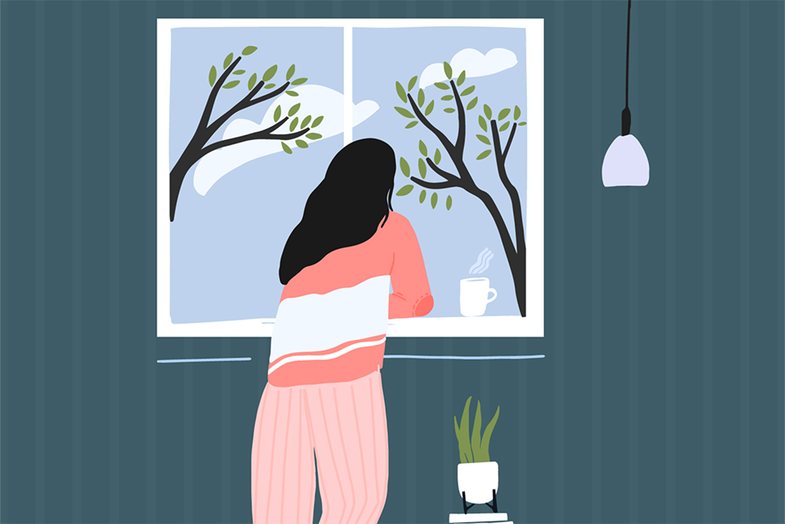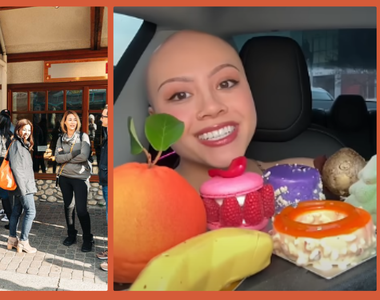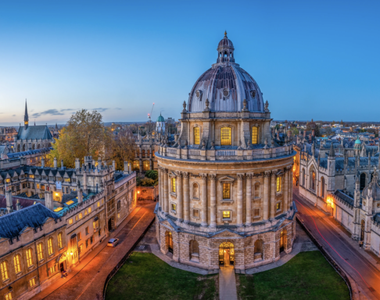
Evidence shows that people are becoming increasingly lonely, leading to mental and physical health problems for all ages.
Preliminary results from a Harvard University study conducted in October 2020 found that 36% of Americans reported feeling "really lonely." Among specific groups of people, this number was even higher, with 61% of participants aged 18-25 and 51% of mothers with young children reporting feeling "often" or "almost always" lonely. In addition, there is ample evidence that older adults have experienced an increase in loneliness since the onset of the pandemic.
Loneliness has wider implications for our mental and physical health. It's not hard to understand how it leads to depression, a growing problem in the US, but not only. In older adults, loneliness increases the risk of developing dementia, interferes with their ability to take care of themselves, and increases the risk of heart disease. Loneliness is also associated with earlier death. In adolescents and young adults, loneliness increases the likelihood of headaches, stomach aches, sleep disturbances, and compulsive internet use.
Neuroscientists have discovered that the feeling of loneliness changes the structure and function of our brain in areas related to cognition, stress response and emotions. Brain imaging studies have also found that loneliness is linked to biological markers for Alzheimer's disease.
The latest Harvard report offers a deep dive into who suffers the most from loneliness and the best ways to alleviate this problem. They found, for example, that young people aged 18-25 were particularly vulnerable to loneliness during the Covid-19 pandemic.
It was also found that people who feel lonely tend to be more critical of themselves and others and are more likely to expect social rejection.
The report advocates two main solutions.
- E para përfshin edukimin e njerëzve se si vetmia ndryshon perceptimet për veten dhe të tjerët, dhe teknikat e mësimdhënies për të riformuluar këto perceptime negative. Kjo përfshin informimin e njerëzve se sa e përhapur është vetmia për të reduktuar ndjenjat e turpit dhe inkurajimin e njerëzve të vetmuar që të kontaktojnë të tjerët, edhe pse ata mund të ndihen të prirur për t'u refuzuar.
- Së dyti, raporti mbron gjithashtu një reagim më të gjerë publik që rrit ndërgjegjësimin për rëndësinë e mbajtjes dhe krijimit të lidhjeve sociale. Ai sugjeron një qasje me dy drejtime: lidhjen e njerëzve me të tjerët përmes platformave dixhitale si Facebook, Instagram, TikTok, Tëitter, Pinterest dhe Google, dhe organizata lokale si shkolla, institucione fetare dhe biblioteka.
The report recommends the introduction of social ties in our society. Examples of this include ensuring that physicians inquire about loneliness at annual check-ups and link lonely patients to community resources; encouraging schools to help parents bond with each other and to ensure that every child has a relationship of trust with a school adult; colleges that create communities to which students feel they belong; senior centers that find ways to connect young people with older people; and jobs by finding ways to contact employees and create social opportunities for colleagues.
Source: Psychology Today







